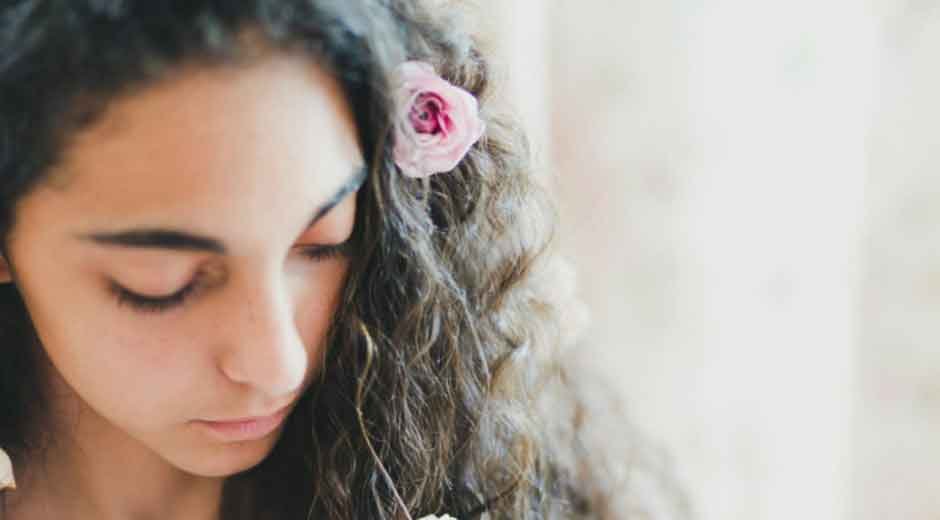In a world where wellness trends change quickly and beauty routines often become complicated, there’s something grounding about returning to simple, intentional habits. Sustainable self-care isn’t about buying more, it’s about understanding what your body needs, honoring your natural rhythm, and choosing routines that support both personal health and the planet. This is especially true for natural hair care, where mindful washing habits make a noticeable difference. Learning how often to wash African American hair for growth is part of that deeper connection, helping you nurture your strands with care, purpose, and sustainability in mind.
For many people with textured or curly hair, wash day is more than a cleansing routine. It’s a ritual, one that requires patience, gentle products, and an appreciation for the uniqueness of natural hair. When approached mindfully, those rituals connect self-care with ecological awareness. You conserve water, choose cleaner ingredients, handle your hair with intention, and create a moment of calm that nourishes far more than your scalp.
A Slow, Sustainable Approach to Wash Day
Natural hair thrives when treated gently. Unlike straighter hair types, textured strands need more moisture and less frequent washing to stay strong and healthy. This rhythm naturally complements sustainable habits: fewer wash days mean reduced water use, fewer bottles consumed, and less strain on your hair and the environment.
But mindful wash routines are not just about timing, they’re about awareness. When you tune into what your hair actually needs, you make decisions based on care rather than impulse. You begin choosing products with cleaner formulas, reducing single-use plastics, and embracing traditions that support long-term health instead of quick fixes. This approach transforms wash day from a task to a grounding practice, one where you slow down, breathe, and create space for yourself.
Clean Beauty and Conscious Ingredients
Sustainable living extends into the products we use on our bodies. Many people with natural hair gravitate toward sulfate-free, plant-based cleansers because they’re gentle and more aligned with clean beauty principles. These formulas protect the hair’s natural oils, reduce scalp dryness, and avoid harsh chemicals that can harm waterways when washed down the drain.
Understanding how often to wash African American hair for growth helps you choose products more intentionally. When you’re not overwashing, you use fewer cleansers and conditioners, which means less packaging waste and fewer synthetic ingredients entering the environment. You also give your scalp time to regulate its natural oils, allowing your hair to stay hydrated and resilient.
Reports from the Environmental Working Group (EWG) emphasize how cleaner hair-care formulations support both personal health and environmental safety by reducing exposure to hormone disruptors and minimizing toxic runoff into ecosystems. Being mindful of your washing frequency naturally aligns with using fewer, more thoughtful products, an approach that benefits both you and the planet.
The Growth Connection: Listening to Your Hair’s Needs

Hair growth doesn’t depend solely on what you apply, it’s influenced by how you treat your scalp, how hydrated you stay, and how much stress your hair experiences day to day. African American hair, especially textured and coily types, fare best when not washed too frequently. Overwashing can strip essential oils, leading to dryness, breakage, and a harder growth journey.
But mindful routines help you tune into your hair’s signals. Some weeks may call for a deep cleanse; others may only require a co-wash or gentle rinse. This intuitive approach makes your self-care more personal and sustainable. You care for what you have instead of forcing your hair into a rigid schedule.
When you learn your hair’s natural rhythm, you grow more patient. You appreciate the journey, not just the length. And you start seeing growth as a partnership between you and your body, a balance of nourishment, gentleness, and consistency.
Making Wash Day a Self-Care Ritual
There’s something special about dedicating time to your hair. The warm water, the scalp massage, the detangling, the quiet moment of caring for yourself, it all becomes part of a ritual that grounds you emotionally. You reconnect with your senses. You breathe more deeply. You remind yourself that you deserve time and care.
Sustainable self-care means prioritizing experiences rather than accumulating more products. It’s the peace you feel while massaging your scalp with clean oils, the satisfaction of air-drying instead of using heat, the mindfulness that grows when you slow down and let wash day become a moment of presence.
These rituals shape not just hair health but your overall well-being.
Sustainable Living Through Hair Care
Every choice you make in your wash routine has an environmental and emotional impact. Using less water, choosing clean beauty products, reducing plastic waste, and washing with intention are small actions that collectively support a greener lifestyle. They also show that sustainability can be deeply personal, woven into moments of self-care rather than limited to broader lifestyle changes.
By aligning natural hair care with sustainability, you create a routine that nurtures both your scalp and the world around you. And that synergy, between personal wellness and mindful living, is what makes self-care meaningful.
A Ritual That Supports Growth in Every Sense
Mindful hair-washing rituals do more than promote length; they promote balance, patience, and connection. When you understand how often to wash African American hair for growth, you’re not just learning a beauty tip, you’re building a sustainable rhythm for yourself. You treat your hair with respect, choose ingredients and products mindfully, and allow your routines to reflect your values.
Growth happens in your hair, yes, but also in your habits, your mindset, and your relationship with the world around you.
